Ed Sheeran Wins in “Let’s Get It On; OpenAI Wins, Too
AI Intellectual Property Corner Update
OpenAI wins against news companies due to a lack of actual harm from OpenAI’s removal of Copyright Management Information when third party content is ingested to train generative AI models such as ChatGPT. Raw Story Media, Inc. v. Openai Inc., Civil Action 1:24-cv-1514-CM-OTW (S.D.N.Y. Apr. 10, 2024).
Copyright Law Corner Update
Ed Sheeran wins the latest copyright infringement battle alleging “Thinking Out Loud” infringed the musical composition “Let’s Get It On.” The district court concluded, and the Court of Appeals affirmed, the chord progression and harmonic rhythm in “Let’s Get It On” were too common to be protected under copyright law. And the scope of copyright protection is limited to what was found on the sheet music deposited with the copyright application for “Let’s Get It On.” Structured Asset Sales, LLC v. Edward Christopher Sheeran, No. 23-905 (2nd Cir. 2024).
Trademark Law Corner Update
Trademark filing fees are increasing in 2025. The USPTO reconfigured its fee schedule to hopefully better serve innovation and stakeholders. Any application filed before 18 January 2025 will not be subject to the new surcharges. Here’s a resource from the USPTO and an even better resource from AltLegal.
Fee Description (electronic filing only)
New fee
Base application (per class) $350
Fee for insufficient information (per class) $100
Fee for using the free-form text box to enter the identification of goods/services (per class) $200
For each additional group of 1,000 characters beyond the first 1,000 (per class) $200
If you currently file with the Teas Plus system, you probably will not see too much difference in the specificity required to complete your applications.
To avoid the “insufficient information” surcharge, applicants must meet all the other requirements of new 37 CFR 2.22(a)(1) through (a)(19), including for example:
If the mark includes color, a statement naming the color and describing where the color appears on the mark, and a claim that the color is a feature of the mark.
If the mark includes non-English wording, an English translation of that wording.
If the mark includes non-Latin characters, a transliteration of those characters.
If the mark includes an individual’s name or likeness, either: a statement that identifies the living individual whose name or likeness the mark comprises and written consent of the individual; or a statement that the name or likeness does not identify a living individual.
The third new surcharge fee is intended by the USPTO to limit the length of goods and services by charging a $200 fee per 1,000 characters in a class after the first 1,000 characters, including punctuation and spaces.
There are also fee increases in statements of use and extensions, post registration maintenance filings, and letters of protest.
Practice pointer: Consider making filings for your client’s on or before January 17, 2025 to avoid the increase in filing fees. Especially if your clients need to file a statement of use or extension in the next 60 days.
These cases and much more on this Episode of Entertainment Law Update with inherited copyright lawyer Tamera Bennett and film, TV, and podcast lawyer Gordon Firemark.


